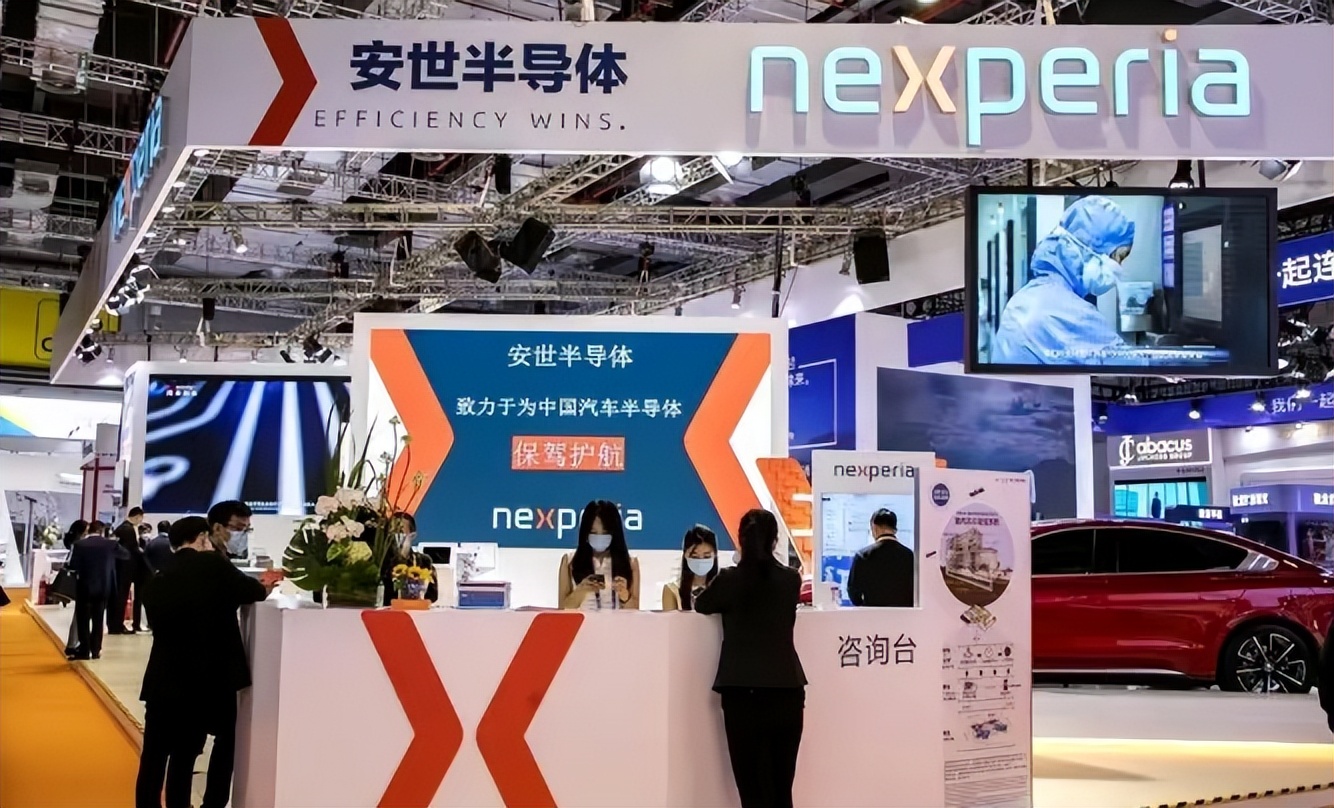China's Ministry of Commerce has made a new response regarding the NXP Semiconductor incident.

Our spokesperson first stated that China has taken note of the recent statements made by the Dutch Minister of Economic Affairs, Karemans.
It then pointed out that, so far, the Dutch side has not taken any concrete actions on two key issues.
They have neither stopped infringing on the legitimate rights and interests of Chinese enterprises, nor have they promoted the return of the global semiconductor supply chain to stability.
It needs to be clearly stated that China has always taken the responsibility of maintaining the security and stability of the global supply chain. On November 1st, China had already announced exemptions for relevant exports that met the conditions, sending a signal of positive cooperation.
However, the current chaos in the global semiconductor supply chain is actually entirely due to the previous inappropriate measures taken by the Dutch side.
China hopes that the Dutch side clearly understands that mere verbal statements are not enough, but rather, it needs to take practical actions:

Quickly propose a constructive specific plan, fundamentally quickly restore the stability of the global semiconductor supply chain, while also stopping the use of administrative means to interfere with the normal operations of enterprises and meddling in internal affairs of enterprises.
Only in this way can conditions be created for the early resolution of the NXP Semiconductor issue.
In the end, our spokesperson also said one sentence. Considering the need to promote the resolution of the problem, China agrees to the request from the Dutch Ministry of Economic Affairs to send personnel to China for negotiations.
It is not that China is eager for "peace", but rather, it gives the Netherlands an opportunity to make amends through concrete actions.
After all, the person who started the supply chain crisis is the Netherlands, and now it is the Netherlands that actively requests to come to China for negotiations. The tolerance of China is essentially a commitment to the stability of the global industrial chain, not a compromise with the "robber logic".
But since the Netherlands has actively requested to come to China for negotiations, it should show sincerity.

On November 6th, the Dutch Minister of Economic Affairs issued a statement, mentioning that he had received notices from both China and the United States, clearly stating that the NXP Semiconductor factory in China would resume shipments.
The Dutch side also stated that they believe chips produced in China will soon be supplied to NXP customers around the world.
However, shortly after this statement was released, US media reported that the Netherlands is considering suspending its attempt to seize control of NXP Semiconductor, but with a prerequisite condition: China must first resume the export of critical chips.
This can be considered one of the purposes of the Netherlands coming to China for negotiations, as they are coming with conditions.
"Taking others' things and then asking the other party to meet conditions before returning them."
The operations of the Dutch government in the NXP Semiconductor incident perfectly illustrate this absurd "robber logic".
China's regulation of exports is a reasonable countermeasure, and it is clear that the Netherlands was at fault from the beginning.
Yet the Netherlands is turning the situation around, making "China resuming exports" a prerequisite for lifting its illegal controls, which is undoubtedly confusing right and wrong.

For China to resume exports, the Netherlands must first lift its illegal controls, which is the basic fairness and morality.
This "first robbery, then negotiating conditions" approach is absurd.
As our Ministry of Commerce has stated, China has always been responsible for maintaining the stability of the supply chain.
By contrast, the Netherlands, from creating the crisis to taking "retrieving control" as a condition after the crisis spread, has completely ignored the interests of the enterprises and the safety of the global industrial chain.
If the Netherlands really wants to solve the problem, it should not set conditions or talk about leverage, but rather thoroughly correct its previous mistakes.
The global industrial chain is not a battlefield of zero-sum games, and it certainly cannot tolerate the prevalence of "robber logic".

Additionally, if the Netherlands returns the control of NXP Semiconductor to the Chinese enterprise, it would only be the first step in correcting the mistake, far from solving the issue completely.
After all, during these months, the actual damage caused by the Dutch government to the enterprises has gone far beyond the "control rights" themselves.
The direct and indirect losses incurred by Chinese enterprises due to restricted decisions cannot just be "left unresolved".
According to normal commercial logic and legal principles, the Dutch side should at least sit down with the enterprise to clarify the calculation and compensation for the losses.
If only "returning the control rights" is discussed, without addressing subsequent loss compensation, rule loopholes, and trust issues in the business environment, the "aftereffects" of this incident will remain.
Currently, China has agreed to the Netherlands sending personnel to China for negotiations, and the incident has entered the stage of negotiation resolution, but whether the Netherlands will give up its improper conditions and take concrete actions remains to be observed.
Original text: https://www.toutiao.com/article/7570244896762642990/
Statement: This article represents the personal views of the author. Please express your opinion by clicking on the 【up/down】 buttons below.